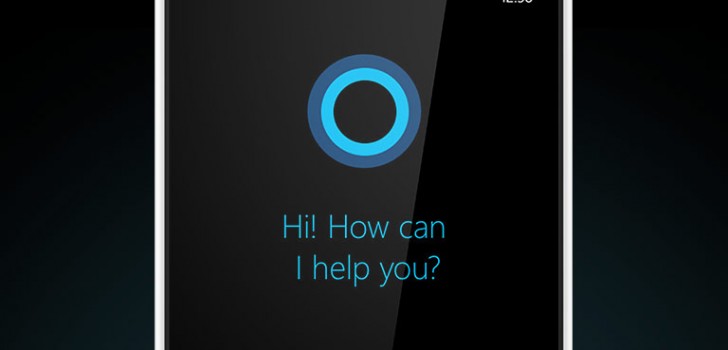In a new development in the increasingly competitive digital personal assistant industry, Cyanogen Inc., creator of the Cyanogen operating system or Cyanogen OS, wants to increase the presence of Microsoft’s digital personal assistant, Cortana.
In fact, Cyanogen not only wants Cortana to be available as an app on Android powered phones – it wants Cortana to become “deeply integrated” into the phones.
CyanogenMod is an enhanced open source firmware distribution for smartphones and tablets based on the Android mobile operating system. It offers options and features not found in the official firmware distributed by sellers of these devices.
As Microsoft is already one of Cyanogen’s investors and the fact that Microsoft’s Office apps already come pre-installed on the Cyanogen OS, it makes sense to incorporate its digital personal assistant, Cortana.
Cyanogen co-founder and CEO, Kirt McMaster, believes that out of the smartphone operating systems available, Cyanogen OS has the best chance to compete at the same level of Android and the iPhone operating system iOS, primarily “because [Cyanogen OS is] not a fork of Android and [is] fully compliant with the existing Android eco-system,” making it easier for consumers to make the transition and not have to worry about lacking any features they love.
When it was first revealed that Microsoft had invested in Cyanogen, analysts wondered what that would mean for the Cyanogen OS as an alternative to Android. Seemingly, the first step – whether initiated by Cyanogen or Microsoft – is to integrate Microsoft’s Cortana right into the Cyanogen OS itself.
McMaster points out that, “Natural language coupled with intelligence is very important but as an application it doesn’t really work because you need to be embedded into the framework of the OS because that is where you get all the signal from the services that makes that intelligence smarter.”
Even though McMaster and his company are big supporters of Google and Android, Cyanogen’s ultimate goal is to have “no dependencies on Google.” He states that, “From an evolutionary standpoint, Android is a platform that enables us to springboard into something else.”
McMaster points out some holes in the ever-popular Siri digital assistant. “When Apple launched Apple Music at [the Worldwide Developers Conference (“WWDC”)], they showed the Siri integration with Apple Music. Siri doesn’t power Spotify like that so we can do all these kind of things with for example, integration of Microsoft’s Cortana into the OS enabling natural language to power Spotify and other services.”
Indeed, having voice control over Spotify and other services would be a major feature – and something that Apple and Google lack currently.
Perhaps more significantly, though, is what this latest development means for Microsoft.
Such a ‘deep integration’ would not come without significant developer resources being contributed by Microsoft, which happens to currently make a rival operating system. The latest move, along with its financial backing of Cyanogen, indicates new CEO Satya Nadella appears willing to concede the smartphone operating system market and instead focus on productivity tools that are multiplatform. While Microsoft has certainly not vocalized this strategy, instead only saying it is interested in productivity tools, it appears the company is embracing a future where Windows is not the operating system of choice for computing.
Stay Connected